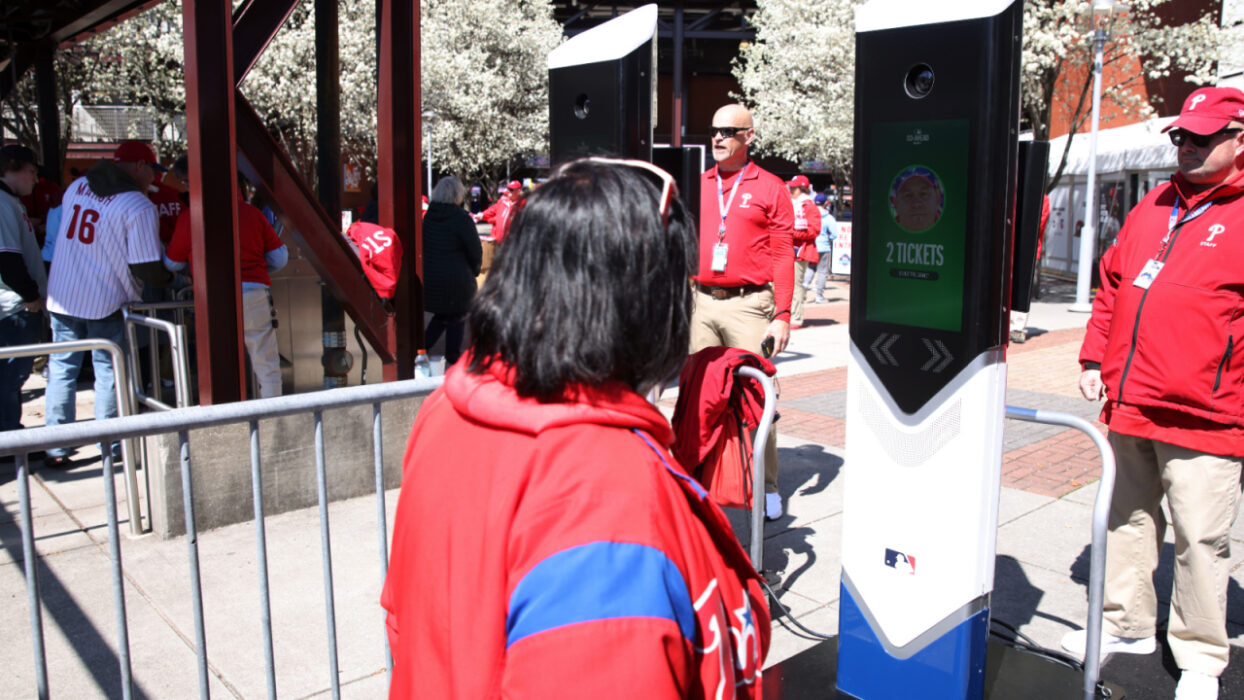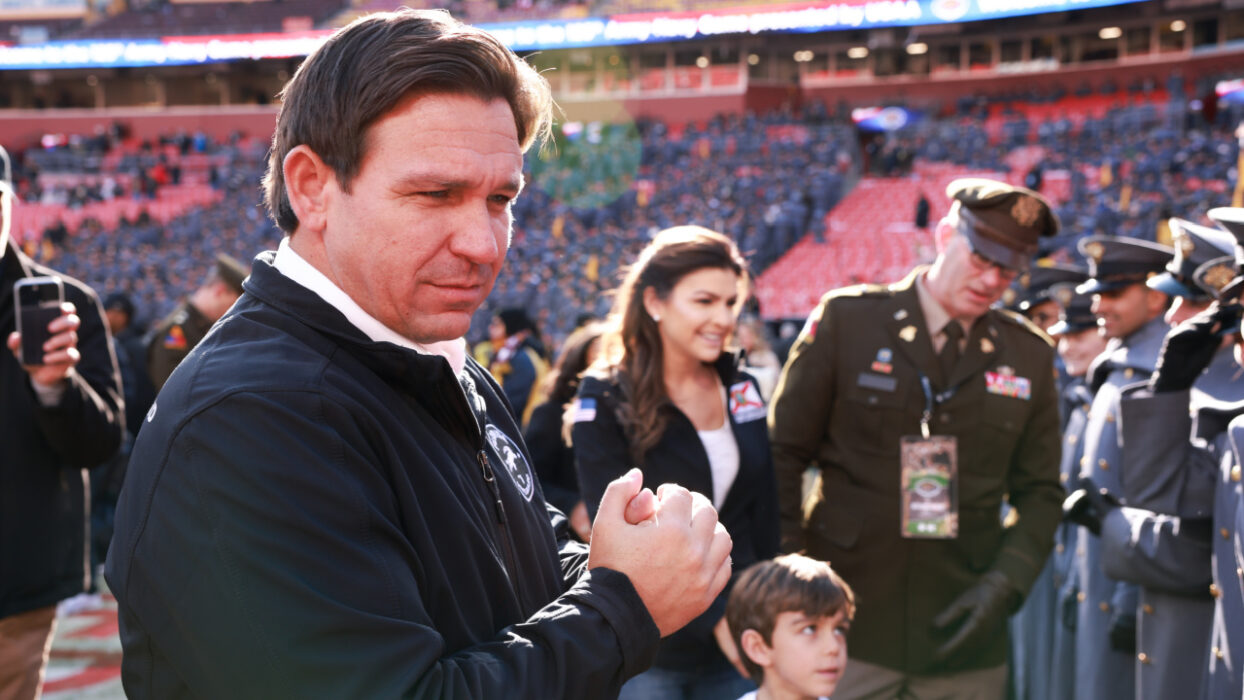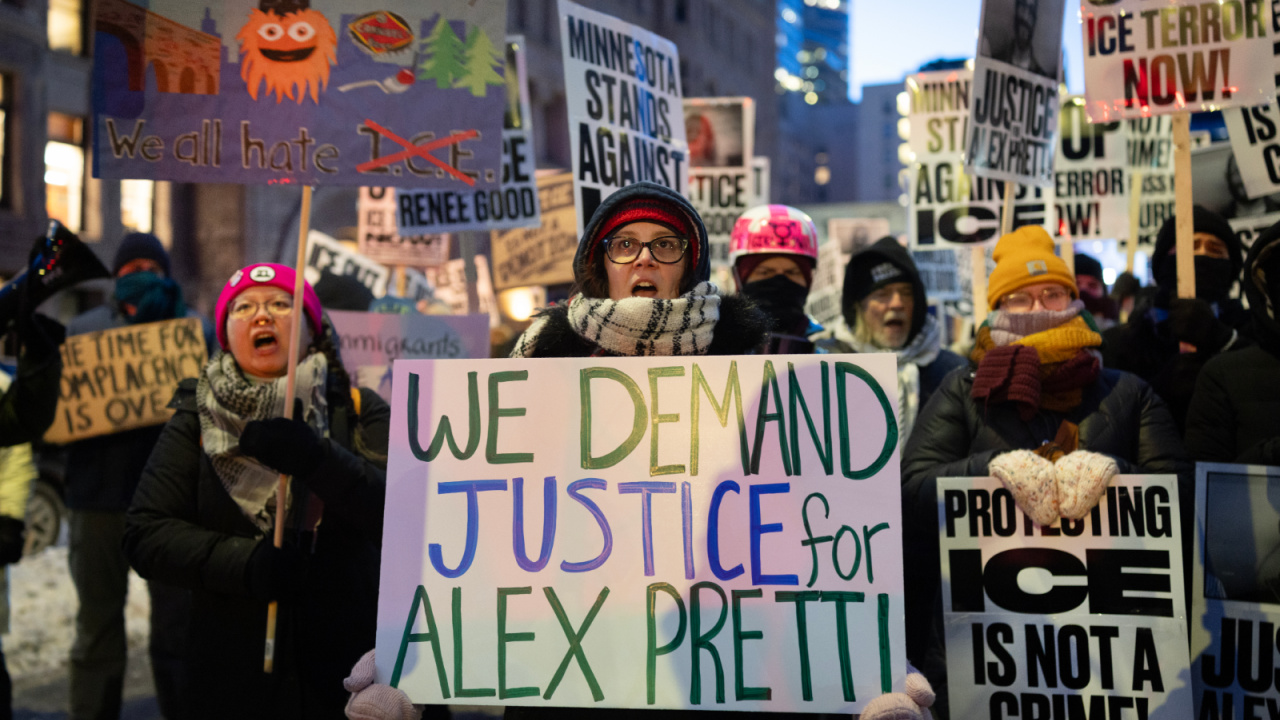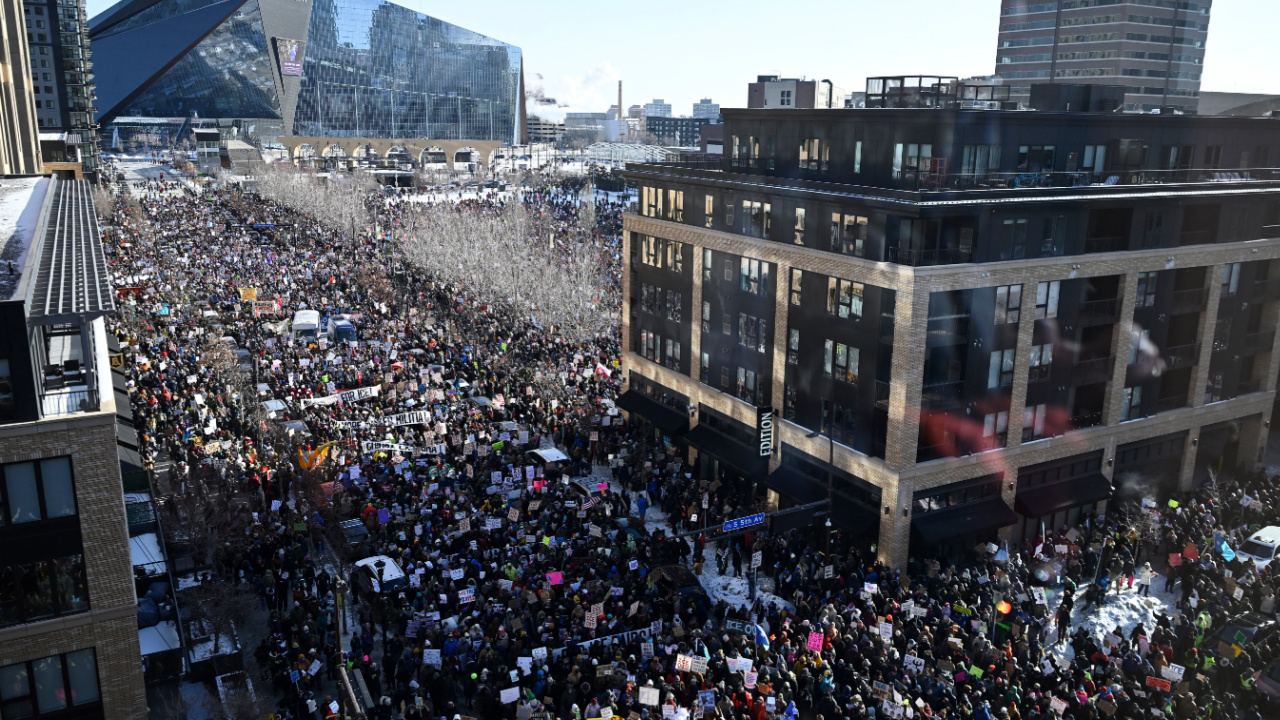
Supreme Court Rules LGBTQ+ People Protected From Workplace Discrimination
The Supreme Court has ruled that companies cannot fire people for being part of the LGBTQ+ community. Before the ruling, it was still legal for employers to fire people for being part of the LGBTQ+ community. This is a major victory for LGBTQ+ Americans and a major loss for the Trump administration.
The Supreme Court of the United States ruled in favor of LGBTQ+ employees.
In a 6-3 ruling, the Supreme Court ruled that the LGBTQ+ community is protected by the Civil Rights Act of 1964. Members of the LGBTQ+ community are protected from discriminatory firings and treatment for their sexual orientation or gender identity. The court’s decision states that the LGBTQ+ community is protected under Title VII of the act.
“An employer who fires an individual for being homosexual or transgender fires that person for traits or actions it would not have questioned in members of a different sex,” Justice Neil Gorsuch wrote in the decision. “It is impossible to discriminate against a person for being homosexual or transgender without discriminating against that individual based on sex.”
The decision was 6-3 in favor of protecting LGBTQ+ employees.
Conservative justice Clarence Thomas, Brett Kavanaugh, and Samuel A. Alito Jr all voted against protecting LGBTQ+ protections in the workplace. Justices John Roberts, Neil Gorsuch, Sonia Sotomayor, Ruth Bader Ginsburg, Elena Kagan, and Stephen Breyer voted that the language of the Civil Rights Act of 1964 does include LGBTQ+ people.
“There is only one word for what the court has done today: legislation. The document that the court releases is in the form of a judicial opinion interpreting a statute, but that is deceptive,” Alito wrote in the dissent. “A more brazen abuse of our authority to interpret statutes is hard to recall. The court tries to convince readers that it is merely enforcing the terms of the statute, but that is preposterous.”
The ruling protects millions of LGBTQ+ workers in states that offered no protection.
Before the ruling, employees in several states faced a constant threat of termination based on sexual orientation and gender identity. The fear was greater for transgender people who had protections in fewer states than gay and lesbian workers. Justice Gorsuch did state the scope of the ruling.
“We do not purport to address bathrooms, locker rooms or anything else of the kind,” Justice Gorsuch wrote. “Whether other policies and practices might or might not qualify as unlawful discrimination or find justifications under other provisions of Title VII are questions for future cases, not these.”
The decision comes on a day that they also decided not to hear arguments in a case of qualified immunity for police.
It requires four justices to agree to allow for a case to be heard by the justices. Justice Thoms dissented the decision not to take up the case. The conservative justice claims that “qualified immunity doctrine appears to stray from the statutory text.”
Advocates want to see the qualified immunity doctrine to be revised. The doctrine currently makes it easy for lower courts to dismiss cases against police officers. Growing protests in the U.S. demanding a change in police reform after the death of George Floyd.




